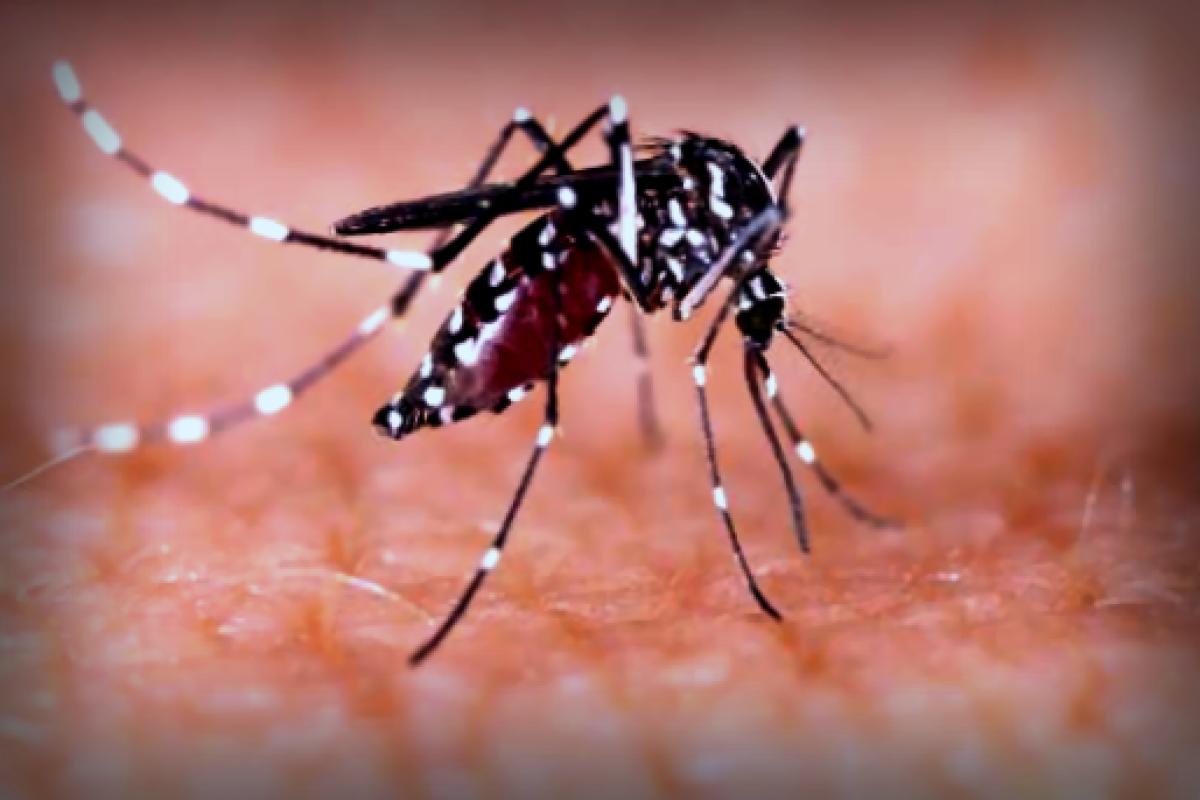Researchers have uncovered unsettling new evidence associated with the Zika virus, a decade after its alarming breakout in Brazil. As reported by The Independent, the latest research unveils a potential side effect that could signify new health risks.
This collaborative study involved experts from the Federal University of Rio de Janeiro alongside the Wallenberg Centre for Molecular Medicine in Sweden. The key finding? Zika has the capability of invading the hypothalamus, a section of the adult brain crucial for regulating insulin, which could raise the threat of Type 2 diabetes for individuals post-infection.
What’s Going On?
Even after the body recovers from the initial Zika infection and its associated inflammation, researchers observed ongoing insulin resistance in the brain.
Tests carried out on adult mice indicated a robust immune reaction in the hypothalamus, resulting in persistent disruptions to blood sugar control.
This intriguing research implies that those recovering from a Zika infection might deal with unforeseen health issues long after the virus is gone.
Zika first made headlines back in 2015, thanks to obstetrician Adriana Melo, who discovered its frightening link to microcephaly, a serious birth defect displayed as abnormally small heads in newborns. This breakthrough changed public health perspectives on mosquito-related diseases worldwide.
Why Should We Care About Vector-Borne Illnesses?
The CDC warns that rising temperatures, alongside factors like lifestyle choices and healthcare access, elevate the risk of vector-borne infections.
Separate research featured in Global Change Biology indicates that increasing temperature levels could put roughly 1.3 billion more people at risk of Zika by the year 2050.
Most folks who contract Zika will experience mild symptoms, such as fever and muscle aches. However, it’s particularly hazardous during pregnancy, leading to heart-wrenching outcomes including birth defects, preterm births, or even loss of pregnancy.
Insights from Zika research point to the potential for extended health issues loyal to mosquito-borne illness outbreaks, influencing countless lives.
What Steps Are Being Taken Against Mosquito-Borne Diseases?
In 2022, Dr. Katie Anders, an epidemiologist, stressed that a multifaceted approach is essential to combat these emerging threats.
“It’s critical to employ every available tool to fight against the rising concern of mosquito-borne diseases,” Anders stated on a WMP article when she served as the director of impact assessment at the World Mosquito Program.
She reiterated the need for communities and governments to manage mosquito populations proactively, enhance disease detection and response to outbreaks while ensuring effective treatment solutions are widespread.
People can pitch in by eliminating stagnant water near their homes and using repellent products. Additionally, backing community efforts to curb the spread of mosquito-borne diseases is beneficial.

Subscribe to our newsletter for positive news and insightful tips, and don’t forget to check out this handy list of easy ways to assist yourself while benefiting the planet.
The latest discovery surrounding the mosquito-borne Zika virus first appeared on The Cool Down.




















